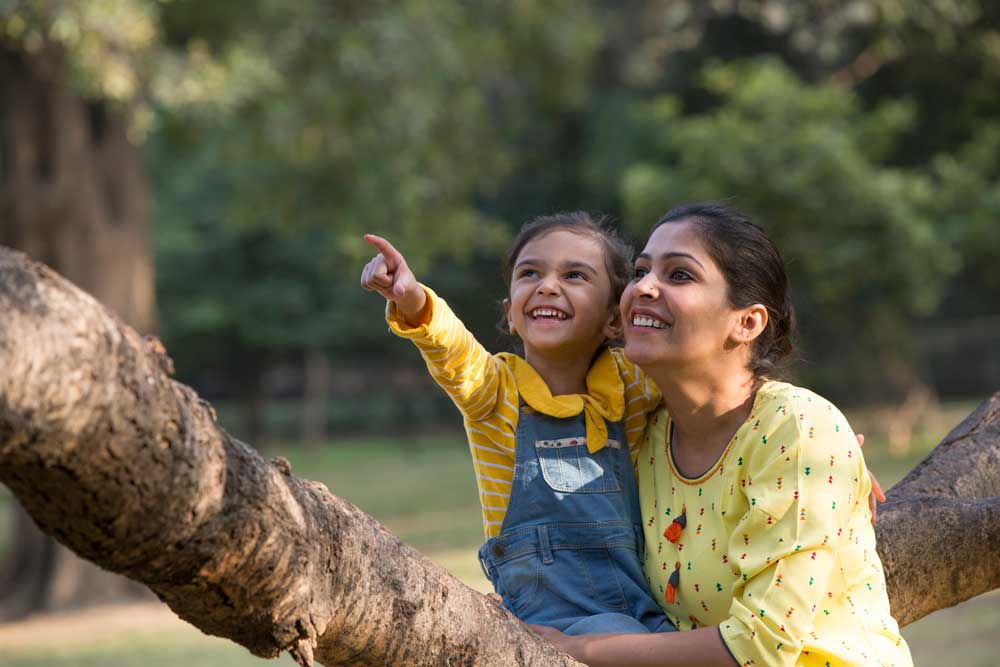In a significant development, the Central Government has announced that women and single male government employees will now be entitled to 730 days of child care leave. This progressive move is aimed at supporting the work-life balance of employees.
As outlined in Rule 43-C of the Central Civil Services (Leave) Rules, 1972, female government servants and single male government servants engaged in civil services and roles connected with Union affairs can now avail of extended child care leave. This provision allows for a maximum duration of 730 days throughout their service tenure. During this time, they can focus on the well-being of their two eldest surviving children, who must be under the age of 18. There is no age restriction for this leave in cases involving differently-abled children, ensuring comprehensive support.

The government has set a limit to the usage of this leave. As per a 2022 announcement by the Ministry of Personnel, the leave cannot be taken for more than three separate instances within a single calendar year. However, an exception applies to single female employees, who are permitted up to six instances of this leave within the same calendar year.
In alignment with its commitment to family support, the government has also addressed maternity and paternity leave provisions. Female employees of the Central government can avail of maternity leave for up to 180 days. In cases of abortion or miscarriage, this leave can extend up to 45 days throughout their employment.
Male employees are entitled to paternity leave of up to 15 days, allowing them to be present during their wife's post-delivery recovery. This applies for up to two surviving children. Moreover, in situations where a male employee adopts a child under one year of age, he can claim paternity leave for up to two surviving children, reflecting the government's progressive stance on family and gender equity.